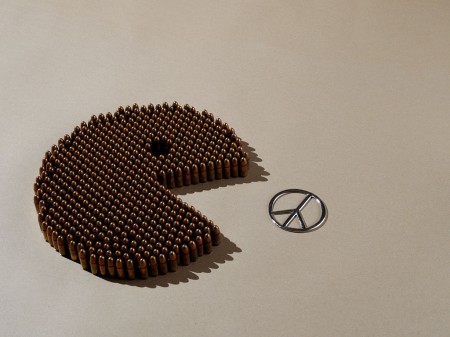 This article was originally published by War on the Rocks on 30 September 2016.
This article was originally published by War on the Rocks on 30 September 2016.
Five years of horrendous conflict in Syria has given birth to a menacing array of threatening and destabilizing repercussions. From the rapid proliferation of terrorist groups, to mass civilian displacement and an international refugee crisis, not to mention the disintegration of a major nation state at the heart of the Middle East, the consequences of the conflict’s apparent intractability are clear for all to see.
Until now, the United States has adopted an inconsistent and largely half-hearted approach to the crisis. Despite publicly proclaiming that President Bashar al-Assad had lost his legitimacy in July 2011, the Obama administration has not once determinedly sought to push that political statement towards being a reality. Despite near-daily war crimes for over 1,800 days in a row, the United States has done little to prevent their continuation. Diplomatic statements of concern and non-binding and open-ended initiatives for dialogue based on non-existent trust have all fallen far short of what is necessary to at least slow the rate of killing and destruction.




